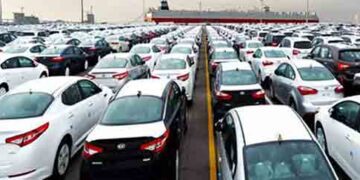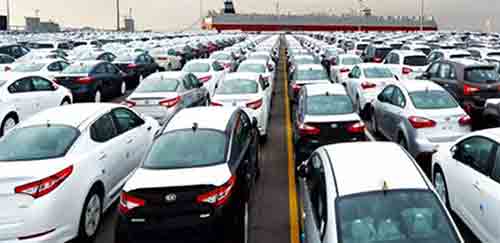INDIA may give the UK access to its passenger vehicle (PV) market but will seek a cap on the number of units to be allowed to reach it once a trade deal is in place, according to newspaper reports.
As the countries negotiate to iron out the creases under the Free Trade Agreement (FTA), New Delhi is treading with caution.
India has proposed a tariff rate quota (TRQ) that will impose a ceiling on the number of PVs (under 100,000 units) to be allowed to be imported on a concessional tariff, it said. Import duty waiver: The import duty for these PV units under TRQ will be eliminated in a phased manner over five years, the report quoted two anonymous sources as saying.
Taking into consideration that PV sales in the domestic market were 3.89 million in 2022-23, the proposed limit could be less than three per cent. This could address the misgivings of domestic car manufacturers by ensuring there is no sudden influx of imports once the trade agreement kicks in.
In an FTA, two countries either significantly reduce or eliminate customs duties on the maximum number of goods traded between them. London is demanding duty concessions in the automobile sector.
Trade in goods: Minister of State for Commerce and Industry Anupriya Patel stated earlier, “Trade in goods, including automotive industries, is one of the areas under negotiations based on overall package of gains and giveaways, which takes into consideration the ambitions and sensitivities of both the sides”.
She said this in Rajya Sabha in December while answering a question if the UK sought to prioritise reducing tariffs on manufactured goods to benefit sectors like the automotive industry.
New Delhi hosted the tenth round of talks this week. However, more rounds are expected since there are other goods and issues to be addressed.
High-tariff nation: India is viewed as a high-tariff nation, especially in the automotive sector. Finished units attract customs duty between 70-100 per cent, depending on the category. India is clear that it is not eager to lower the tariff for electric vehicles, bearing it is a sunrise sector.
The Government has also not faced any opposition from companies in the commercial vehicle segment. Industry sources say that some passenger car makers have been apprehensive about a substantial tariff reduction by the Government.
















